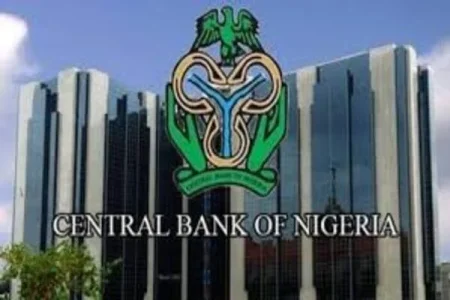
The Office of the Auditor General for the Federation (OAuGF) has uncovered a significant lapse in the Central Bank of Nigeria's (CBN) record-keeping, specifically regarding money recovered by the Economic and Financial Crimes Commission (EFCC) between 2016 and 2019.
The 2020 Audited report of government finances, submitted on November 30, 2023, highlights that the CBN has no documented records of recovered funds during this crucial period.
The report points out that the last recorded inflow of recovered funds into the federation accounts by the CBN was in December 2015, with subsequent years showing a conspicuous absence of such financial transactions.
The lack of documentation to justify this non-recognition of recovered funds raises questions about transparency and accountability within the financial regulatory system.
In response to the audit findings, the CBN claimed there was no inflow for the period of January 2016 to December 2019 but acknowledged a credit interest during that time. However, the report has prompted the Public Account Committees of the Senate and House to request the CBN governor to provide justifications for this discrepancy.
Beyond the missing records, the audit report raises concerns about a decrease in foreign reserves between 2017 and 2019, calling it unjustified. The report also highlights a decrease in foreign exchange earnings in 2019, amounting to about $2,667,269,011.33.
Furthermore, the Auditor General accuses the CBN of deposit placements with First Bank of Nigeria (FBN) United Kingdom (UK) Ltd, London, totaling US$134,507,155.20. The report suggests the split deposits were an attempt to circumvent guidelines, although the CBN denies any infraction, stating the placements were for liquidity planning purposes.
The report extends its allegations to the violation of IMF conditions, asserting that the CBN diverted the Rapid Financing Instrument (RFI) of about $3.4 billion intended to address the economic impact of the COVID-19 pandemic. It claims that the funds were moved without proper justification, raising concerns about transparency and compliance with international financial standards.
As the National Assembly receives this report, the spotlight intensifies on the CBN, urging a comprehensive investigation into these serious allegations that could impact the country's financial stability and international credibility.




